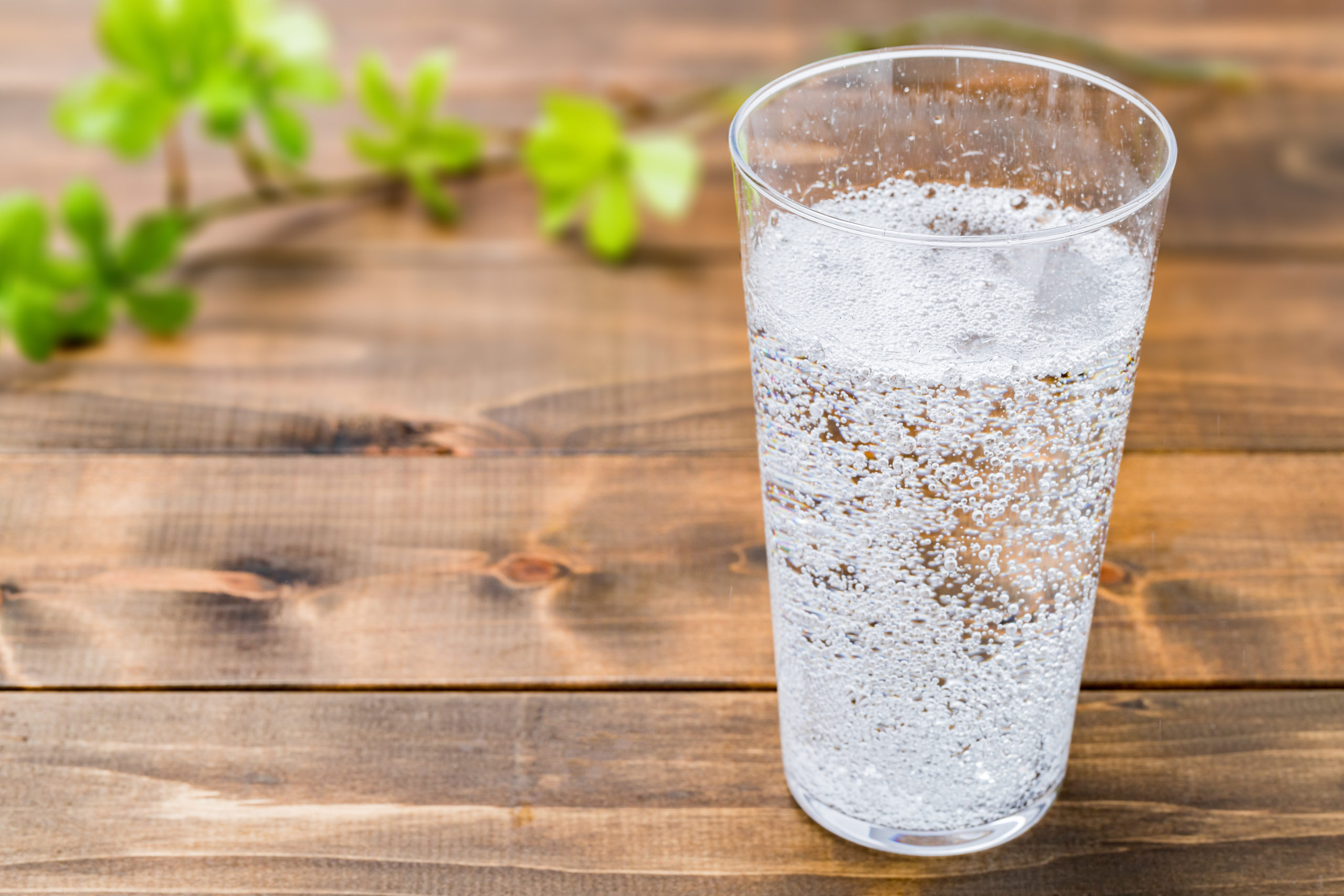
Sparkling Water and Teeth: What Are the Dental Effects?
Ordinary water is as refreshing as it is essential to life. But sometimes you want something with a little more pop. For many, sparkling water is the perfect compromise between flavor and health. It has no calories, and most importantly, it has no sugar. But some dentists believe that even sparkling water might not be the best thing for our teeth. Let’s find out why.
Ingredients In Sparkling Water
The fizz in carbonated water comes from carbon dioxide, the same stuff we breathe out after our bodies convert oxygen into carbon dioxide. It’s what green, leafy plants and trees use as food, and it’s also where carbonation gets its name. But to us, carbon dioxide is a waste product. That’s why we breathe it out.
When the carbon dioxide in sparkling water enters your mouth, a chemical reaction begins which transforms the carbon into carbonic acid. That’s what gives it its zesty flavor.
Sparkling Water Intake
A few years ago, Today Magazine asked Dr. Andre Ritter, the chair of the department of operative dentistry at the University of North Carolina School of Dentistry about carbonated water. He said that the acidic effect of carbonic acid might not be a problem in small doses. But if a person drinks sparkling water all day long, it could be.
“If you’re sipping and keeping that acidic drink in your mouth and swishing around every time you sip, and if you do this often, multiple times a day, then that’s probably the most dangerous kind of behavior when it comes to tooth wear.”
The problem gets worse if you like to add lemon or lime to your sparkling water, as these contribute additional acids that can erode the enamel of your teeth.
pH In Sparkling Water
Recently, researchers published the results of a study in the Journal of the American Dental Association, in which they measured the pH of approximately 400 beverages. They found that drinks with a pH of 3.0 to 3.99 were corrosive and that anything above that was “minimally corrosive.”
The pH of the average sparkling water beverage ranges between 3 and 4. Even if you use the same carbonizing process every time, or drink the same brand consistently, the pH may vary. Unless you’re testing the pH of every drink you have, you won’t know what the pH level is.
At the end of the day, the only way to drink carbonated water without risking your dental health is to have one such beverage a day or fewer.
Staining and Teeth Whitening
Tooth whitening is a process by which your dentist uses bleach or other similar means to remove stains and restore the natural white color of your tooth enamel. If you have suffered some discoloration to your tooth enamel due to drinking certain beverages or eating certain foods, this may be the best way to restore the appearance of your smile.
While whitened teeth are largely cosmetic, there are some health benefits as well as personal and social benefits. For one thing, having your teeth whitened with the help of a dental professional means you will benefit from the expertise of the dentist. If any other significant oral health conditions are present, you will be informed about them and have the opportunity to have them corrected.
Before tooth whitening can begin, your dentist will use an x-ray scan to determine if your teeth are strong enough to stand up to the process. If your dental care professional decides that you are not a good candidate for teeth whitening, other dental care procedures may be in order.
Caring For Your Oral Health At Artistic Touch Dentistry
Choosing the best teeth whitening method for you will depend on your personal needs and situation. Teeth whitening methods are available which can be done at home and that can be done in a dental office. Teeth whitening options that you do at home should be completed with periodic checkups to make sure the process is proceeding safely and effectively.

